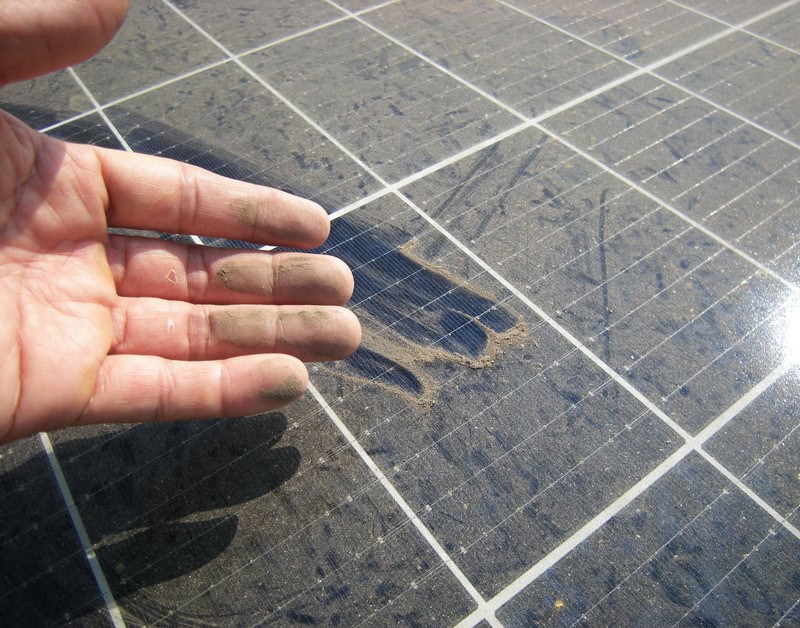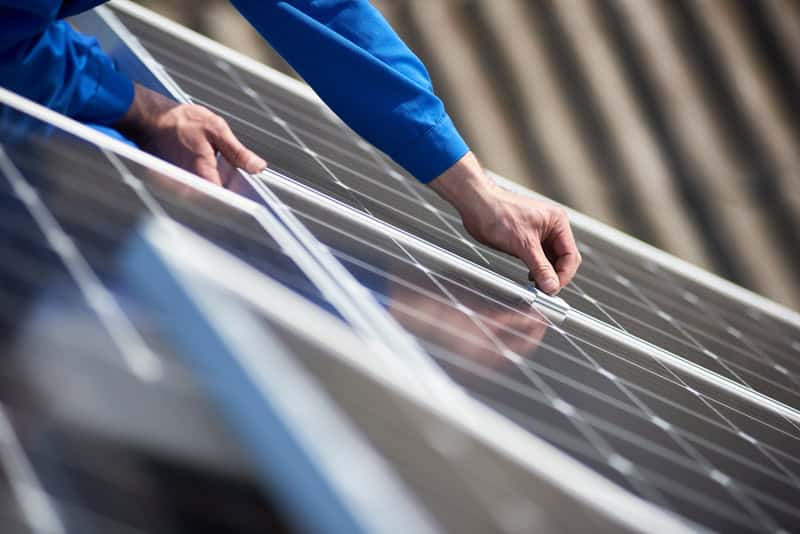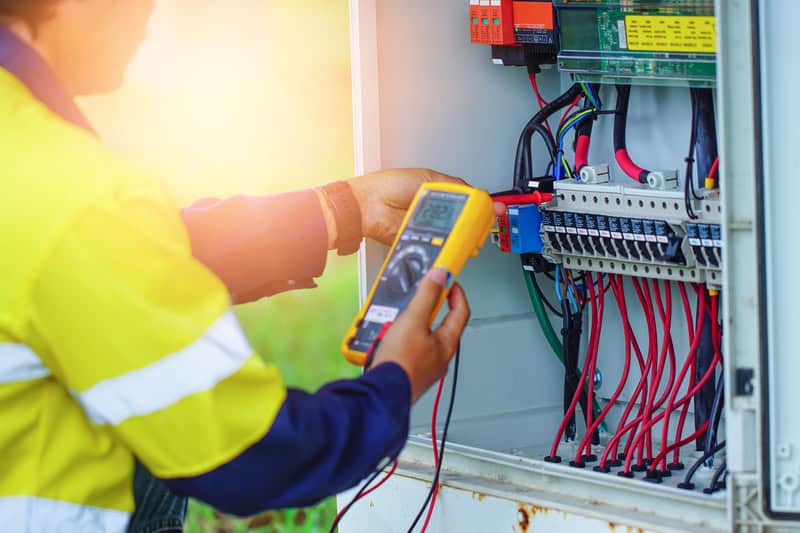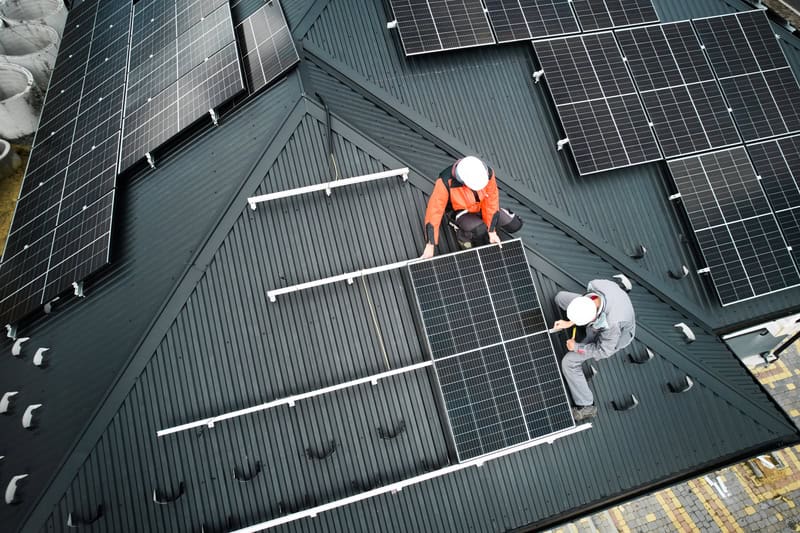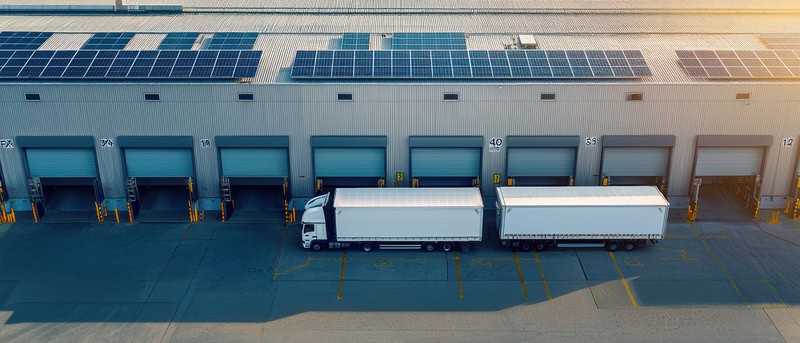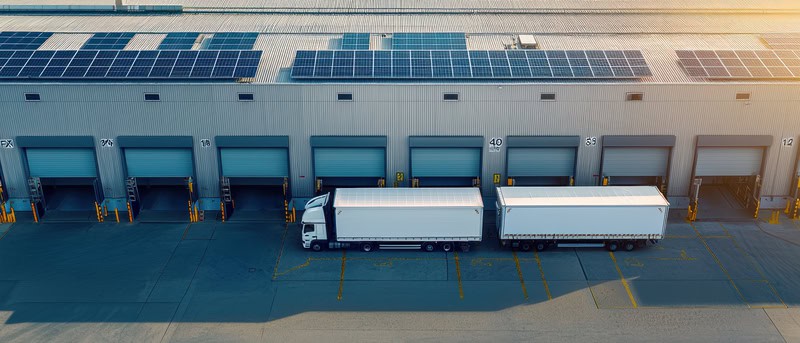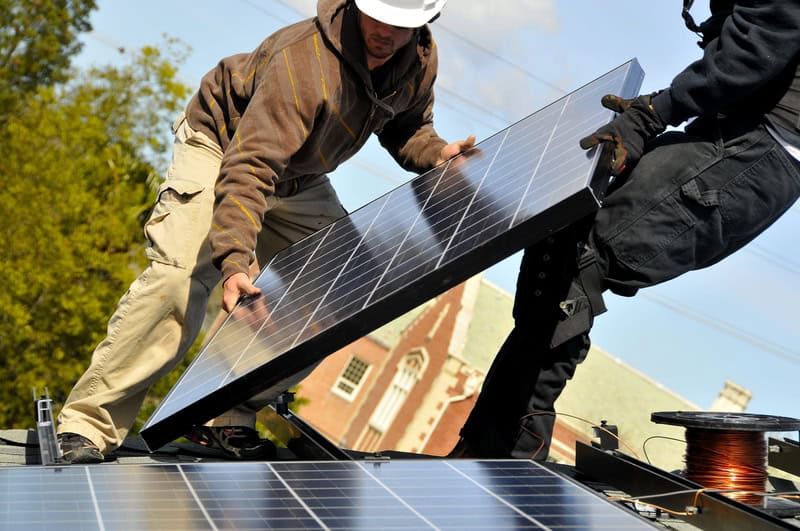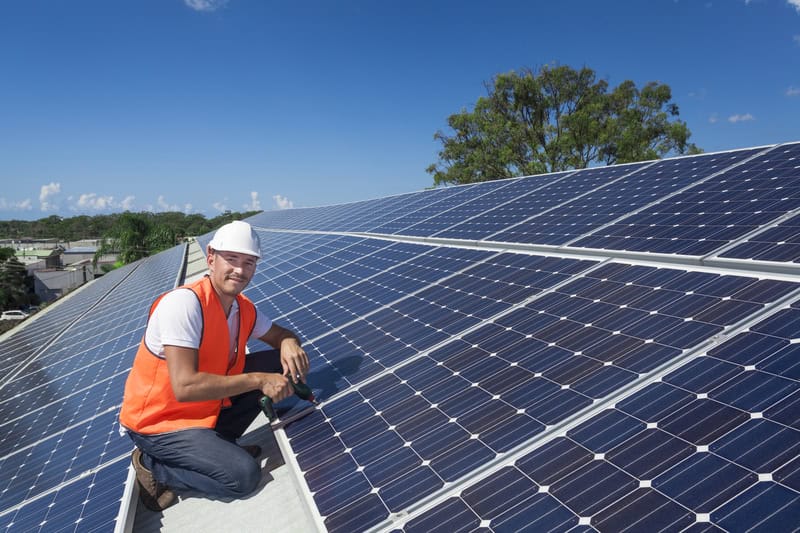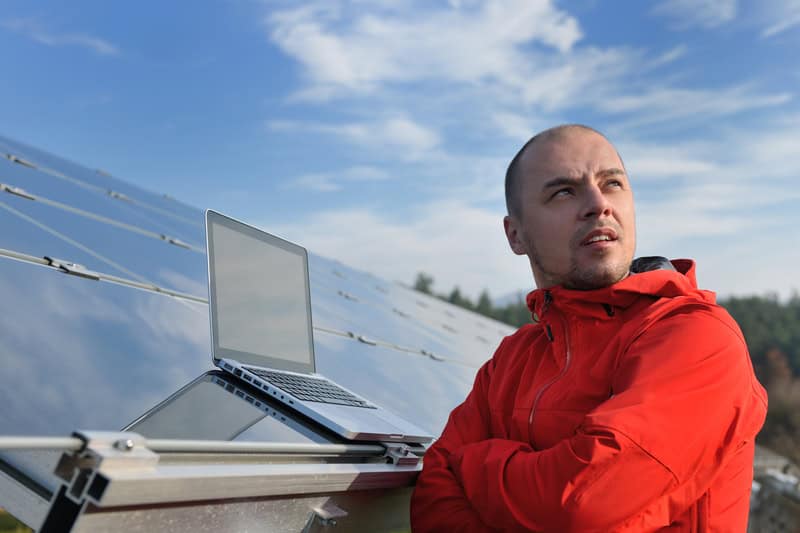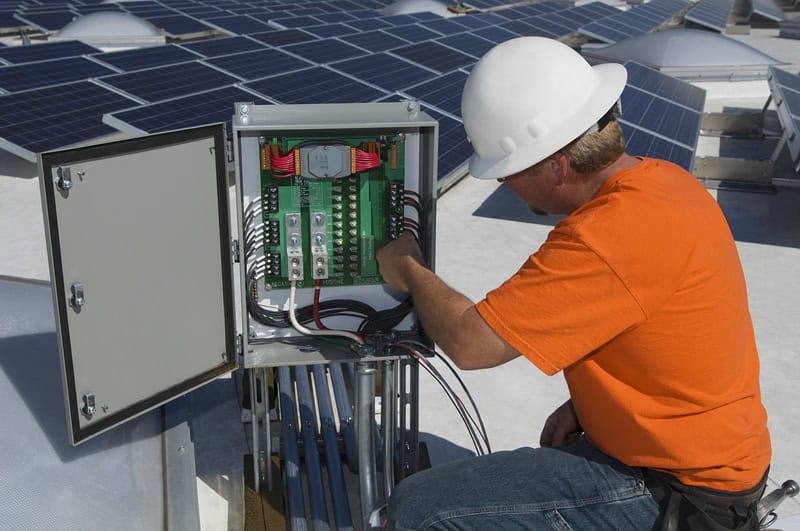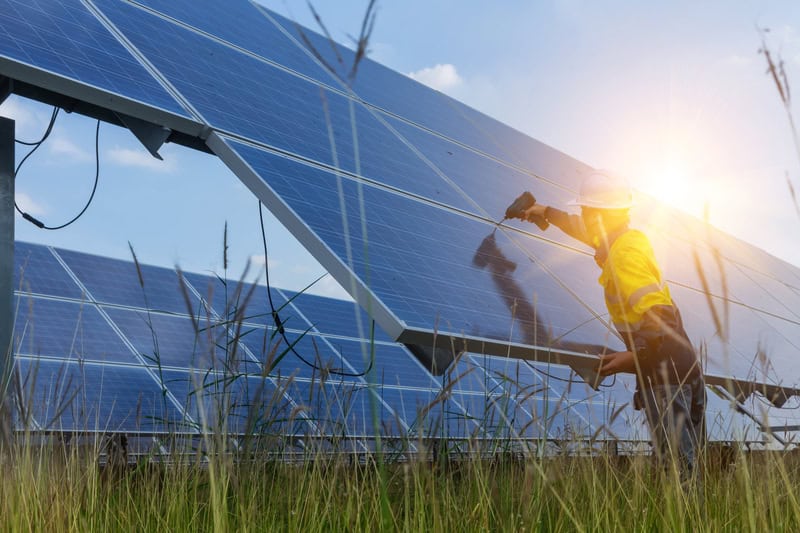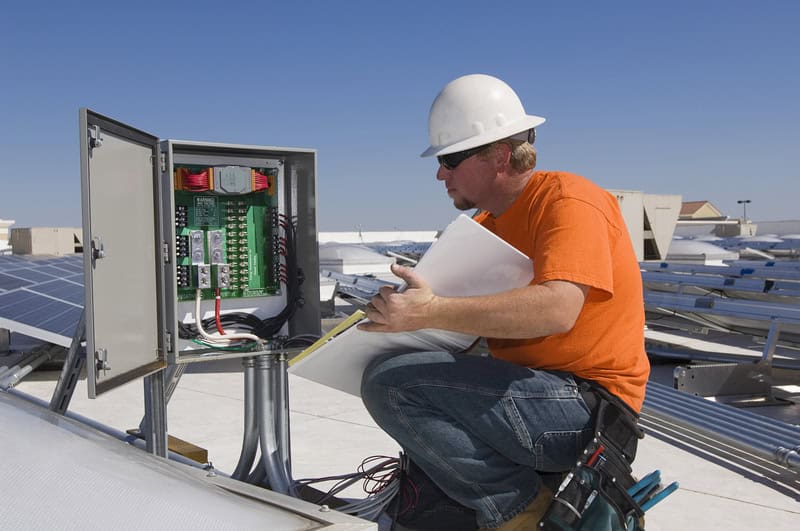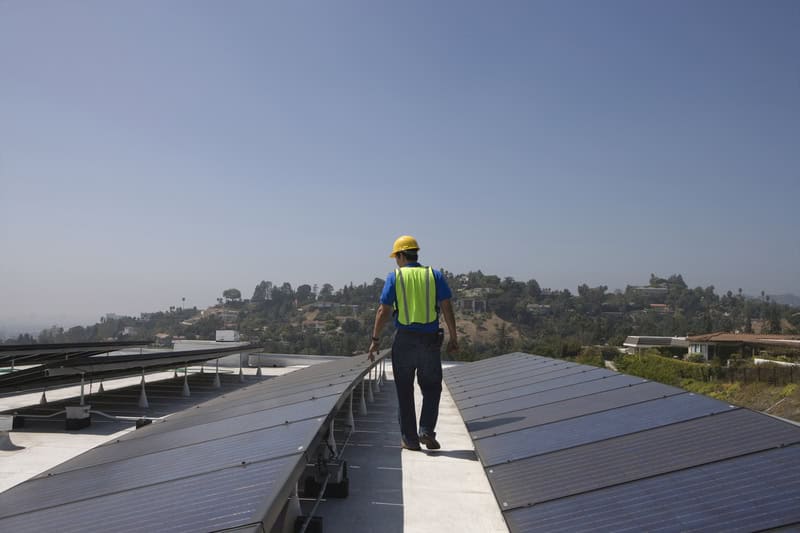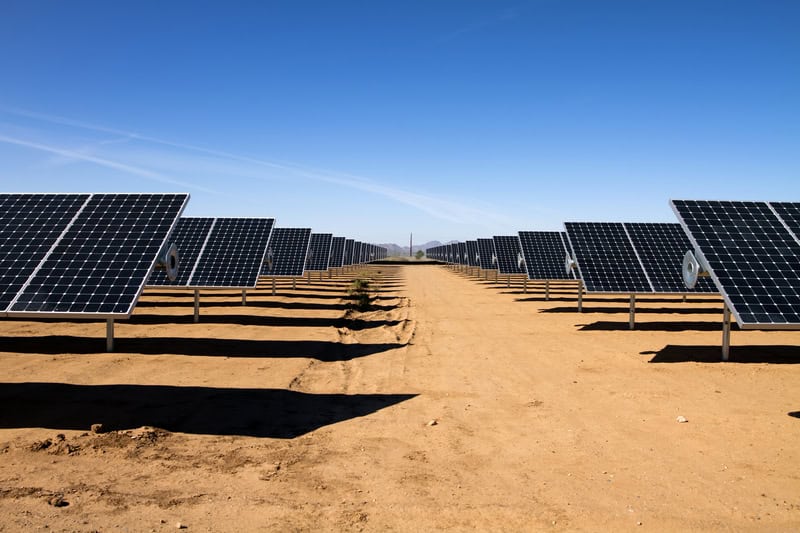Table of Contents
As energy costs continue to rise and climate goals tighten, more homeowners and businesses are turning to solar energy. The smartest way to go solar is to hire a solar contractor who understands the technology, the permits, the incentives—and how to get it all done efficiently.
DIY vs. Professional Installations
Installing a solar system isn’t just about placing panels on a roof. It involves electrical work, permitting, engineering, and utility coordination. When you hire a solar contractor like JMS Energy, you avoid risks and ensure long-term system performance.
What Makes JMS Energy the Right Choice When You Hire a Solar Contractor
Proven Track Record
JMS Energy has completed hundreds of successful solar projects, ranging from small residential homes to expansive commercial installations. We deliver on time, on budget, and with top-tier craftsmanship.
Certified and Licensed Technicians
We employ NABCEP-certified technicians and licensed electricians to ensure every project meets national and local code requirements.
Services JMS Energy Offers When You Hire a Solar Contractor
Site Assessment and System Design
We begin with a thorough assessment of your property and energy needs. Our team designs a customized solar solution to maximize energy efficiency and savings.
Installation and Grid Connection
From mounting panels to handling permits and grid connection, JMS Energy takes care of everything when you hire a solar contractor from our team.
System Monitoring and Maintenance
After installation, we offer system monitoring, maintenance packages, and fast repair services to ensure your system keeps delivering clean power for years.
Benefits of Hiring a Solar Contractor Like JMS Energy
Efficiency and Accuracy
Professionals work faster, safer, and with greater precision. You save time, avoid red tape, and start generating energy sooner.
Regulatory Compliance
Solar installations must comply with strict local and national codes. JMS ensures your project passes every inspection the first time.
Warranty Protection
JMS Energy offers robust warranties on both parts and labor, so you’re covered in case anything goes wrong.
The JMS Energy Process: Step-by-Step Solar Project Management
Consultation and Site Evaluation
We listen to your goals, inspect your site, and assess your utility data.
Customized Proposal
We craft a proposal outlining cost, ROI, timeline, and expected energy production.
Seamless Installation
Our team installs with minimal disruption to your daily operations or home life.
Post-Installation Support
We stick around for the long haul—offering monitoring, system upgrades, and customer support whenever you need it.
Key Qualities to Look for When You Hire a Solar Contractor
- Transparency and Honesty: No hidden fees or exaggerated promises.
- Technical Expertise: Real credentials, not just marketing buzz.
- Customer Service Excellence: Respectful, responsive, and professional from start to finish.
Commercial and Residential Solar Expertise
Scaling Solar for Business Needs
Our commercial division helps businesses reduce operational costs and meet ESG targets through efficient, scalable solar systems.
Smart Solar for Homes
Homeowners love our sleek designs, high-efficiency panels, and easy-to-use monitoring systems.
Solar Financing Support and Incentives
Federal and State Tax Credits
When you hire a solar contractor like JMS Energy, we guide you through claiming the Federal Investment Tax Credit (ITC) and other local incentives.
Financing Options for Every Budget
We offer flexible financing solutions—PPAs, leases, loans—so solar is within reach for every client.
Common Mistakes to Avoid When You Hire a Solar Contractor
- Falling for Low-Cost Scams: The cheapest option often leads to poor quality and future repairs.
- Ignoring Experience: Trust companies with a strong portfolio like JMS Energy.
- Skipping Permits and Inspections: Proper permitting is essential for safety and rebates.
Client Testimonials: Why JMS Energy is a Trusted Contractor
“JMS made everything simple. Their team explained the whole process, and now I’m saving money every month.” — Mark D., Texas
“Professional, knowledgeable, and quick. I wouldn’t hire anyone else.” — Sylvia R., Florida
Green Energy Goals and Sustainability with JMS
JMS Energy helps clients drastically reduce their carbon footprint. By switching to solar, you take an active step toward a more sustainable and energy-independent future.
Frequently Asked Questions
Q1: Why should I hire a solar contractor instead of doing it myself?
A: Professional contractors ensure compliance, safety, and performance—saving you time and costly mistakes.
Q2: How do I know if a solar contractor is qualified?
A: Look for certifications like NABCEP, proper licensing, and verified project experience.
Q3: Is JMS Energy licensed and insured?
A: Yes. JMS Energy meets all regulatory requirements for insurance, safety, and certifications.
Q4: How long does a typical solar project take?
A: From consultation to activation, most projects take 4–8 weeks, depending on permitting and equipment availability.
Q5: Do you provide free consultations?
A: Absolutely! JMS Energy offers free site evaluations and quotes.
Q6: What areas does JMS Energy serve?
A: We operate nationwide, with specialized teams for both urban and rural installations.
Conclusion: Hire a Solar Contractor Who Delivers Results – Choose JMS Energy
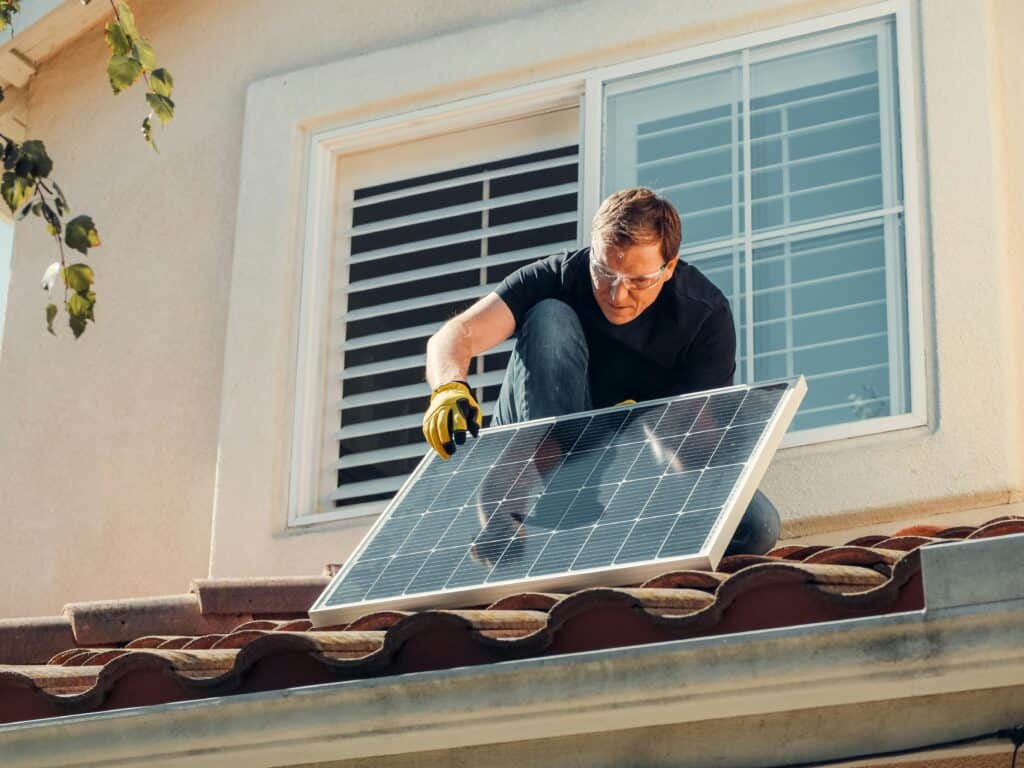
In 2025, solar energy isn’t just a luxury—it’s a necessity. Whether you’re a homeowner, a business owner, or an energy manager, choosing to hire a solar contractor like JMS Energy ensures your investment pays off. With expert service, transparent pricing, and comprehensive support, JMS Energy is the contractor you can count on—today and into the future.
Want to hire a solar contractor for your project today? You can contact JMS Energy here.


